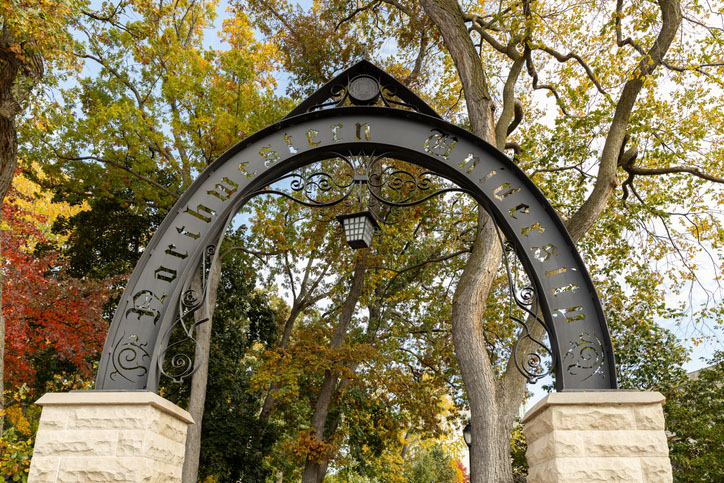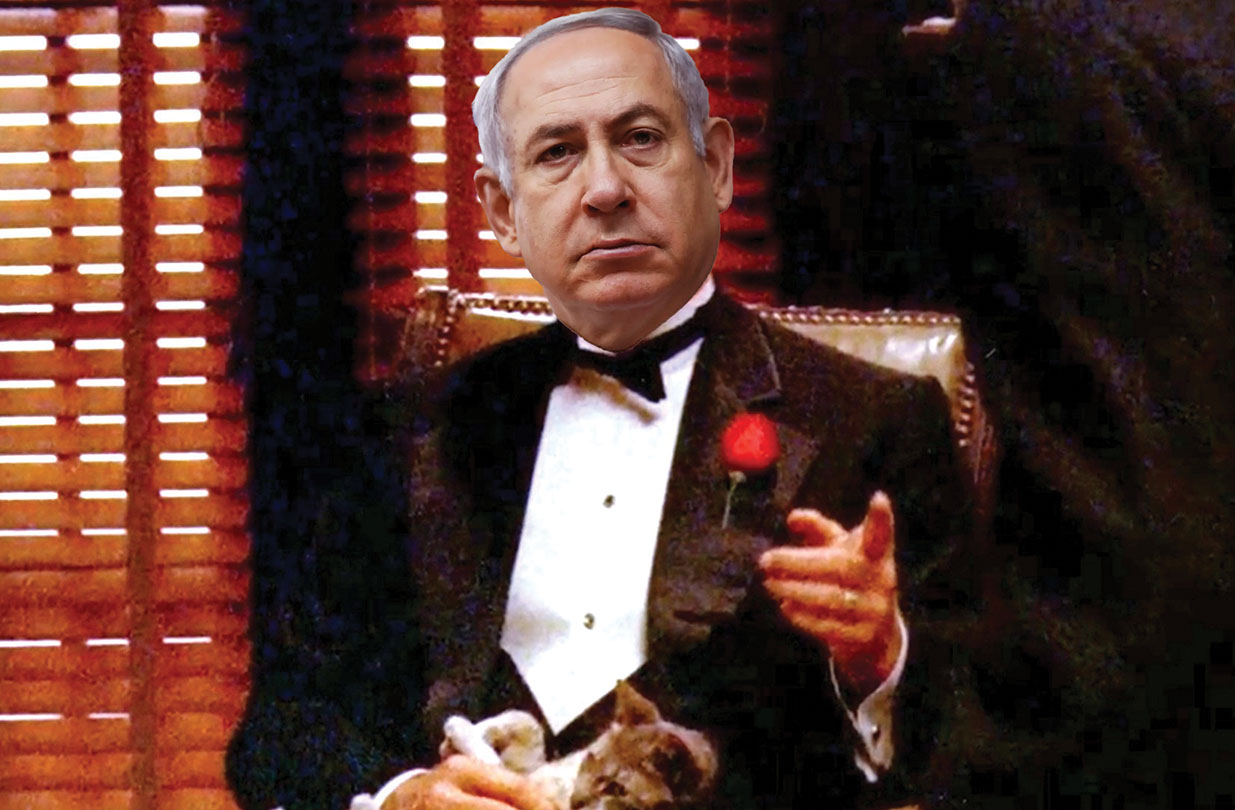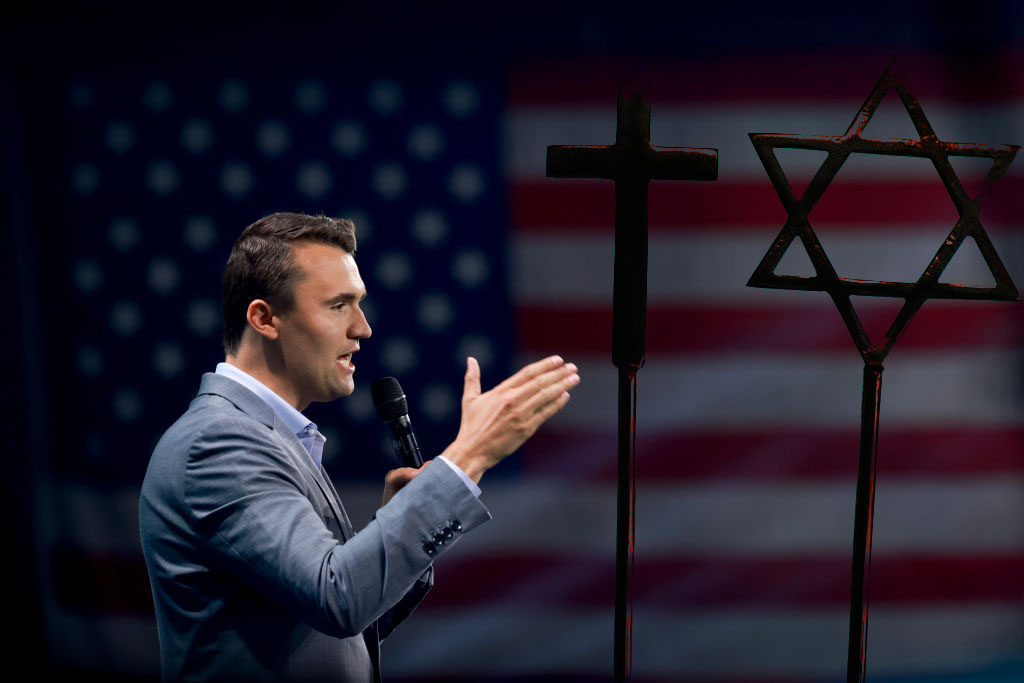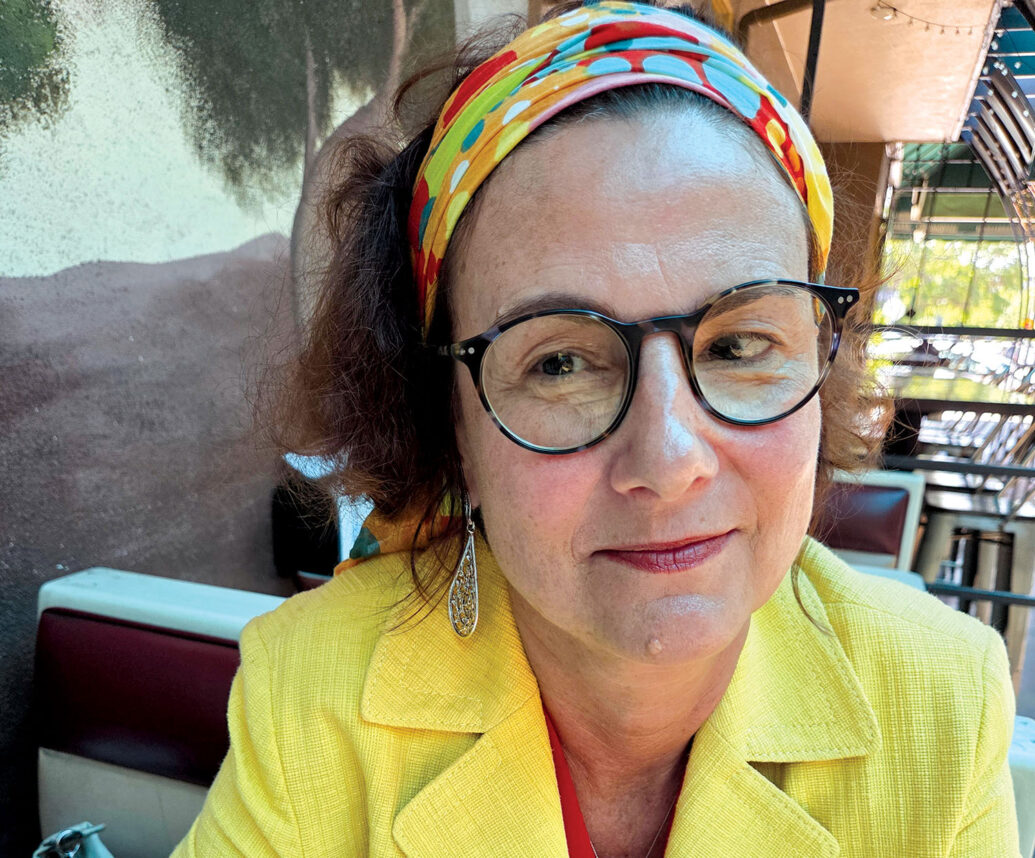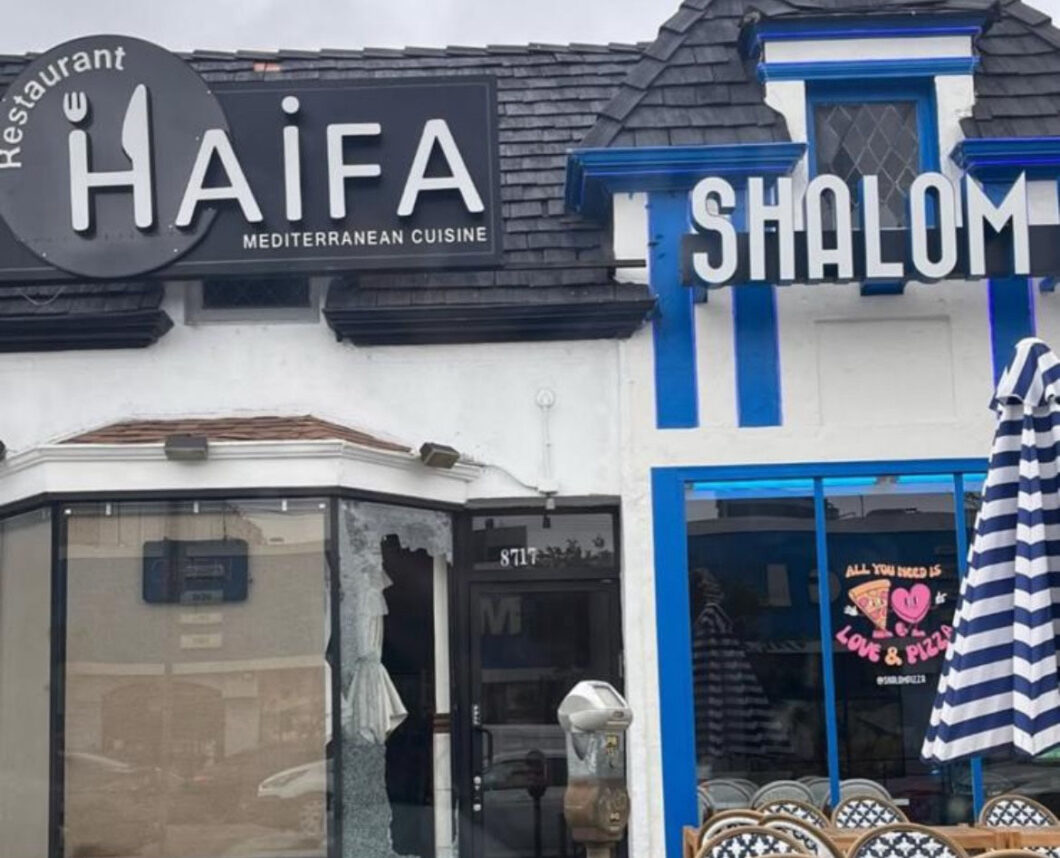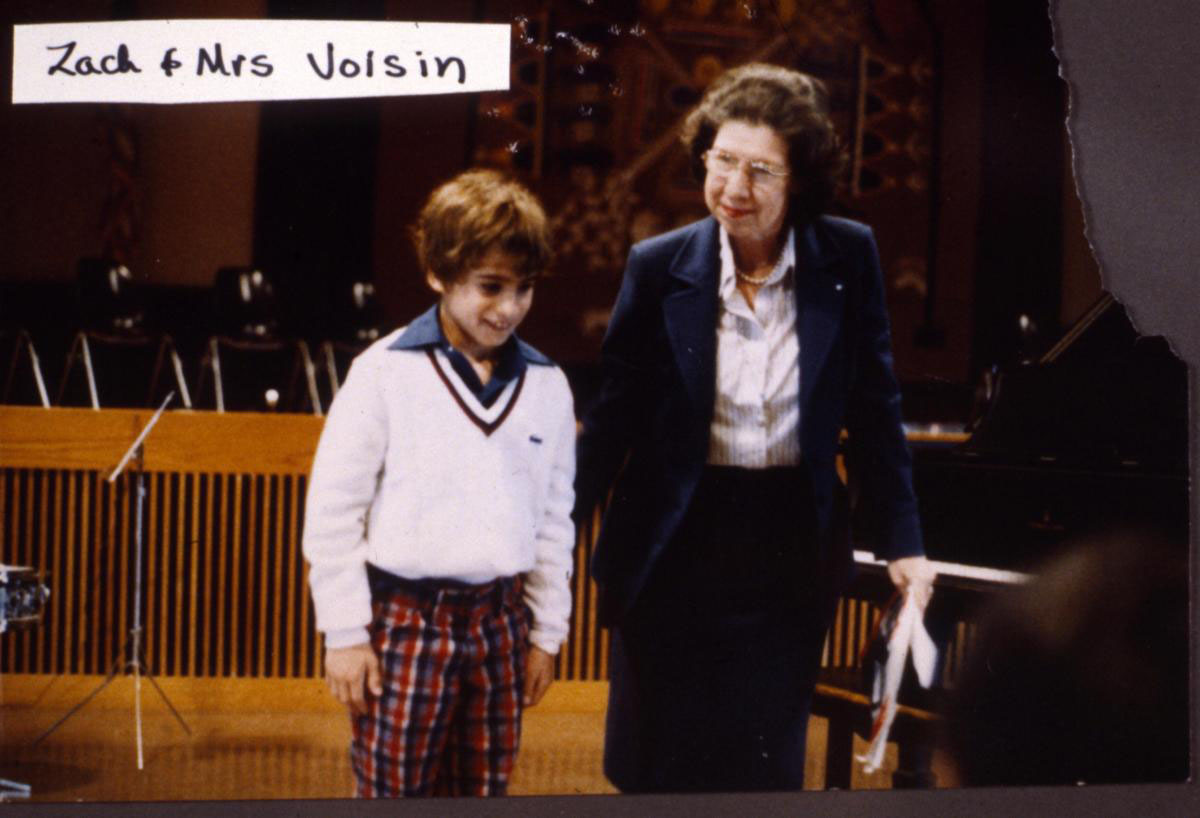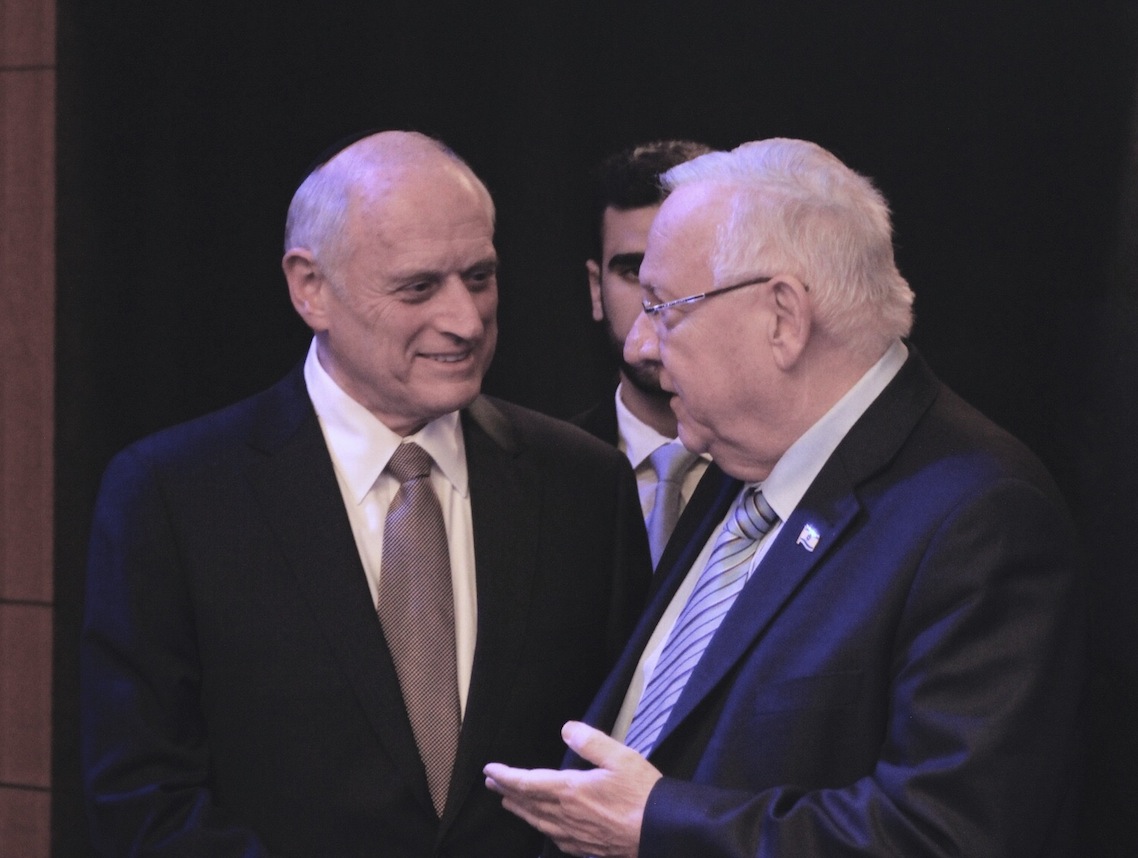
“This is a new era,” claimed Malcolm Hoenlein, CEO of the Conference of Presidents of Major American Jewish Organizations, which safeguards the interests of the American Jewish community, sustains bi-partisan support for Israel, and addresses the critical concerns facing world Jewry.
The delegation of 110 leaders of America’s most important Jewish umbrella organizations returned home to continued bomb threats at Jewish Community Centers and organizations across the country following their mission in Israel after visits to Egypt, Morocco, and Greece.
Upon arrival in Israel, Hoenlein proclaimed that he is optimistic about opportunities for Middle Eastern partnerships to increase stability in the region.
“There is a new attitude, a new atmosphere, partly driven by instabilities in the region and partly by Iran. The messages we hear everywhere are the same: coming to terms [about the causes of instability in the region] and new approach [to addressing the causes],” Hoenlein said.
Before the Cyprus visit, Hoenlein cited successful meetings with Egyptian and Moroccan Prime Ministers, Foreign Ministers, Ministers of Interior, heads of religious councils, royalty, ambassadors, and government officials. The important message of both meetings, said Hoenlein, were the new opportunities for recognition and aspirations for tolerance and countering extremist tendencies.
“There is great interest in looking at ways to cooperate with Israel as a central hub in this process,” specifically citing Israel’s energy capacities and desires to counter Iran’s nuclear weapons program that will serve as a further bond between Middle Eastern and Mediterranean countries.
The group also met the former President of Bulgaria, Rosen Plevneliev, who participated in the opening dinner with Israeli President Reuven Rivlin. “There is a recognition of desire to move away from the instability of the Middle East, and our meeting with the President of Bulgaria is an indicator of this,” said Hoenlein.
He added that there are other countries, “some of which would surprise you,” that have privately expressed their interest in being part of a Middle Eastern partnership. He hypothesized that under-the-radar private meetings will increase in the next year with these countries.
Among the discussions at the conference were lectures addressing the U.S.-Israel relationship under the new U.S. administration, reapplying pressure on Iran’s nuclear weapons program, keeping the United Nations accountable for delegitimization of Israel and anti-Semitism, countering BDS and growing anti-Semitism within the American public and on U.S. campuses, strengthening Jewish-Christian relations, building alliances with U.S. minority groups, promoting bipartisan support for Israel, and most of all, promoting unity within the American Jewish community.
Israeli President Reuven Rivlin also focused his address to the conference on keeping a united vision on Israel in the context of polarizing politics in the American Jewish community. “We cannot allow Israel to be a political football between different sides and ideologies,” he said.
Echoing Former President Kennedy, he exclaimed, “Friendship for Israel is not a partisan matter, it is a national commitment.”
In terms of Israeli foreign policy, President Rivlin said, the three most important issues are “number one, our relationship with the United States of America,” “number two, our relationship with the United States of America,” and “last but not least, Israel’s relationship with the United States of America.”
In addition to meeting with Israel’s elected leaders and strategic thinkers, the conference delegates were briefed on the importance of free, objective, and accurate media in the U.S. and Israel, Israel’s regional dangers of ISIS and Hezbollah, minority communities within Israel, the Israeli-Palestinian conflict, and Israel’s entrepreneurship and investment in high tech fields.
Before departing back to the United States from Israel, the conference concluded with a daylong visit to Cyprus, featuring meetings with President Nicos Anastasiades and Foreign Minister Ioannis Kasoulides.
Just as the conference began with successful meetings in Egypt and Morocco, so too did it end with an amicable meeting in Greece.
President Nicos Anastasiades announced, “In a world characterized by the rise of turmoil, extremism, sectarianism, and terrorism, Cyprus, and Israel—two countries at the heart of the Mediterranean that share the same values and common vision– are beacons of stability, and natural partners of the West in the Middle East.”
Eliana Rudee is a fellow with the news and public policy group Haym Salomon Center. Her bylines have been featured in USA Today, New York Daily News, Forbes, and The Hill.














